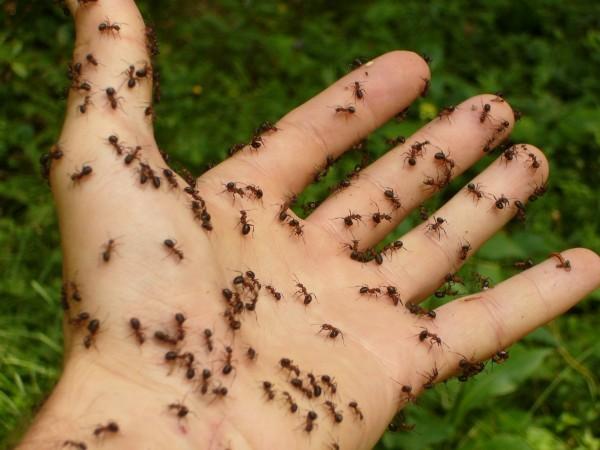
Humans feel disgust and it is one of the body's evolutionary defences against infections and disease. Scientists have now identified six triggers of disgust and for the first time ever, broken down the emotion of disgust into its parts.
Researchers from the London School of Hygiene & Tropical Medicine (LSHTM) have taken up this study in order to remove the stigma from diseases as well as foster healthy habits in the population, notes a release from the LSHTM.
The study involved about 2,500 people, notes the report, and included a total of 75 scenarios that can be considered to be traditionally "disgusting", including listening to sneezes, open defecation, objects teeming with insects, looking at signs of infections in other people, and pus-filled skin lesions, to name a few.
Participants were then asked to rate their responses to these situations and how strongly they felt about it on a scale ranging from 'no disgust' to 'extreme disgust'.
The strongest response, or the one where people were most put off, is at the sight of an infected wound leaking with pus, found the study. Personal hygiene, also scored highly on the disgust scale, like people with bad body odour.
When all the data was analysed, researchers found that there are a total of six types of disgust and each of them directly related to an infectious disease of some sort from the past that people of old would have had to avoid.
"This type of disease avoidance behaviour is increasingly evident in animals, and so leads us to believe it is evolutionarily very ancient.
"Increasing our understanding of disgust like this could provide new insights into the mechanisms of disease avoidance behaviour, and help us develop new methods to keep our environments, fellow animals and ourselves healthy," said Professor Val Curtis, senior author at LSHTM.
In the past people needed to be wary of certain scenarios, especially since medicine and antibiotics had not yet been freely available then. Surviving an infection could be the difference between life and death in those times.
To avoid diseases like cholera, the human body had to find the eating of rotting food to be repulsive enough to not want to try it. Similarly, the researchers note that the strongest revulsion for humans now –open, leaking wounds– likely came from the need to avoid the plague or smallpox infections. Unhygienic people could carry leprosy, so there is a natural disgust toward it and syphilis was a concern for those who led promiscuous lives.
This study has also confirmed the 'parasite avoidance theory', notes LSHTM. It speaks of the disgust response in which animals adapt behaviours to minimise the risk of infection. A similar behaviour is seen in humans as well.
"Although we knew the emotion of disgust was good for us, here we've been able to build on that, showing that disgust is structured, recognising and responding to infection threats to protect us," explained Curtis.












